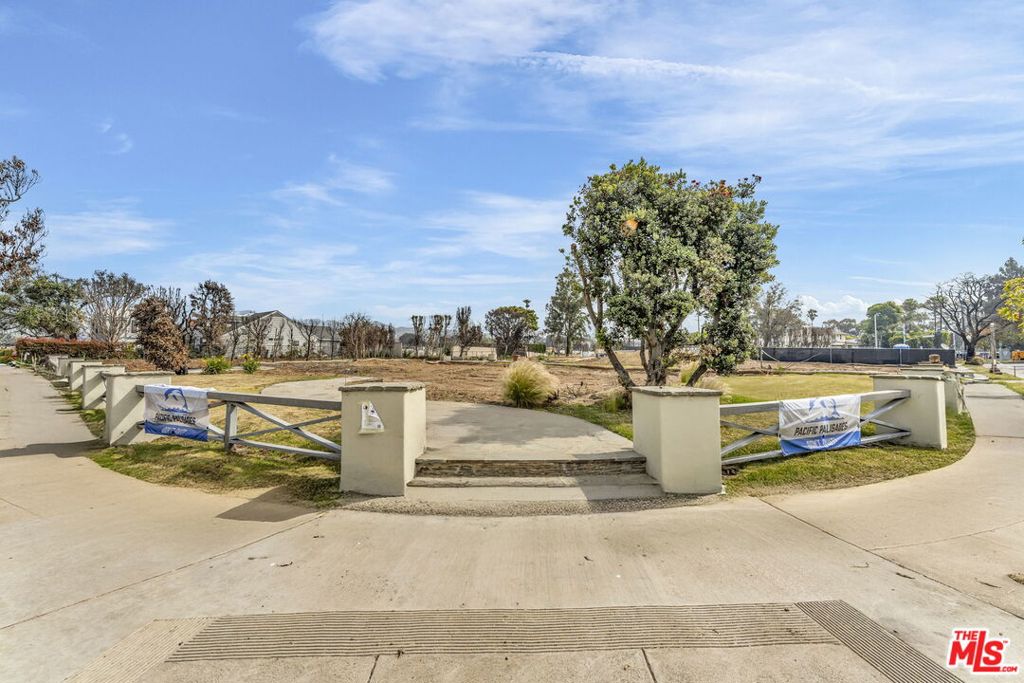Mom and Dad just passed away suddenly. You’re devastated, but you’re also charged with dealing with their residence. You’re the Executor, and you’re also just found out you need the money out of their place for a worthy cause. You and your brother or sister head to the family home, ready to zip through the rooms, try to sell the furniture quickly, and make a fast sale.
You’re stopped in your tracks. Mom and Dad had a lot of stuff in their big house. It happens all the time! It’s an American “problem,” except that it’s also very good for the economy. People buying stuff keeps the factories moving and the retailers chugging along.
Self-storage where we put all our clutter (and yes, of course, it’s not all clutter!)—is an industry all its own, a predominately American phenomenon supported by consumerism and excess, and a sub-sector of the commercial real estate market. As always, the CREM Group aims with these posts is to keep our clients aware of some of the trends and aspects of buying and selling probate, trust, and conservatorship properties of all kinds in the Southern California area.
- How much clutter is there in the United States?
- How can it affect the sale of probate, trust, or conservatorship homes?
How Much “clutter” Is There?
Let’s start with some statistics from Statista.com about the Self-Storage industry. We were surprised by the following. Are you?
- By 2024, the global self-storage market is forecast to be worth $49.24 billion, up from $37.33 billion U.S. dollars in 2018. In 2018, the U.S. dominated the market accounting for 90% of self-storage inventory worldwide.
- There’s an American television reality series called Storage War$ that has aired since 2010, where people bid on closed storage containers. It’s going into its 13th (!) season.
- Statista.com states that in 2020, there were 5,234 self-storage facilities in Texas, making it the state with the highest number of such facilities in the United States. California also had a high number, with 3,728 self-storage facilities.
How Can Clutter Affect the Sale of a Trust (Actually, Any) Property?
- It slows everything WAY down. The clutter has to be moved out of the house and off the property somehow. Depending on (a) How much clutter there is, (b) How much is not clutter, and (c) How much is a fire or health hazard, the fact is, it will take time to sort out which is which. Keep reading.
- There may be value in the clutter. This is the scariest part. One of our clients found a $50,000 life insurance policy buried under a stack of recipes in the kitchen. It’s part of #1. It may not be prudent to toss everything in the dumpster without looking at it. And it’s a good idea to take a peek at another of our posts, Avoiding Common Mistakes in Selling Probate Real Estate. Leaving the home vacant for too long is not recommended.
- You may not be able to sell the home “as is.” According to this website, clutter can cause safety hazards that can cause people to trip. Excessive clutter can hide foods that could attract rodents and bugs that carry diseases. Also, paper, clothing, and cardboard items are highly flammable. Again. It’s part of #1—slowing down the sale—but with a different kind of urgency.
How Can You Avoid This “surprise”?
Here are three tips from Joshua Becker, the WSJ Best-Selling author of The More of Less and The Minimalist Home. (Marie Condo is another decluttering guru, of course.) These are from Joshua’s website. (There are ten, but here are his first three.)
- “Stop the Flow of Stuff Coming In. Uncluttering is a waste of time if you simply replace the old stuff with new. You’ll need to begin by slowing the flow of things entering your home. Determine today to buy less. Trust me, you won’t regret it. The freedom from the desire to acquire is a beautiful thing.
- “Remove at Least One Item a Day. The process does not have to be a mad frenzy that disrupts your entire household. Over the years, my home has become quite minimalist by simply choosing one item a day to get rid of. This gradual process began to change the way I think about stuff. Eventually, it became a way of life rather than just a crash diet of stuff.
- “Get Rid of the Easy Stuff First. There is no need to make things difficult by trying to get rid of the hardest things first. Most likely, it will simply deter you from the task altogether. Instead, start with the easy stuff, and then as you strengthen your will to reduce, the harder decisions will become easier.”
Why is this so hard? It’s hard because the older your parents get, the more money they have to buy “things.” But also, it is physically strenuous for them to go through boxes, closets, drawers, and cabinets where all the stuff has accumulated for the past thirty or forty years. What else? Sometimes they’re mentally incapable of reading and understanding the documents anymore. Or their eyesight is failing. Their hands are shaking. And their “get-up-and-go” just got up and went. Plus: It’s not fun!
Your Mission, Should You Choose to Accept It, Is To Make It Fun
- Try to convince your family of the necessity of going through the family treasures together. Set aside a weekend (or two or three) where everyone pitches in. Let Mom and Dad have the whole family over… make it a party!
- Ask if anyone wants the family’s storage unit(s) to be sold at auction in the Storage Wars fashion. What if you saw YOUR stuff on the show???
- Appeal to greed. “What if there’s a $50,000 life insurance policy that we don’t find? What if that goofy painting is an original Monet?” (Have you seen “The Antique Road Show”? People find “junk” that is worth lots of money!
- Make it easier to sell the house quickly when “the time” comes.
- Enjoy the idea that your family had enough assets to collect things and a home big enough to store them. We are a rich country in many ways.
One last thing: Watch out for fraud in the decluttering industry. (Any industry!) Be sure you are working with reputable companies – licensed, bonded, with good reputations. With all our years as probate real estate experts handling probate and conservatorship homes and properties, we’ve had a lot of experience with almost everything related to the real estate probate process in Orange and Los Angeles Counties in Southern California.
After you’ve done your research, you might find that the first “great” decluttering company was not so good after all. Check. Check. Check again. Ask your friends for referrals. And ask us!
We have been handling probate real estate transactions for both residential and commercial properties in Los Angeles and Orange Counties for years now. We have made sure we support our clients, so they know the legal aspects of selling their probate, trust, and conservatorship homes in California. We also try to ensure that our readers are aware of many trends in real estate.
As always, contact us by email here if you have any questions about real estate, probate real estate, conservatorship, or trust real estate properties, especially in Los Angeles and Orange Counties in California. Or directly:
Mark Cianciulli, Esq. [email protected]
DISCLAIMER: This content is meant purely for educational purposes. It contains only general information about real estate and related matters. It is not legal advice and should not be treated as such. We recommend consulting a legal or tax professional before acting on any material, opinion, or point of view described herein. #RealEstateTrends #ProbateHomes #ProbateRealEstateAgents #MarieKondo #Decluttering #ClutterHazards #ItIsNotAllClutter #MakeDeclutteringFun



